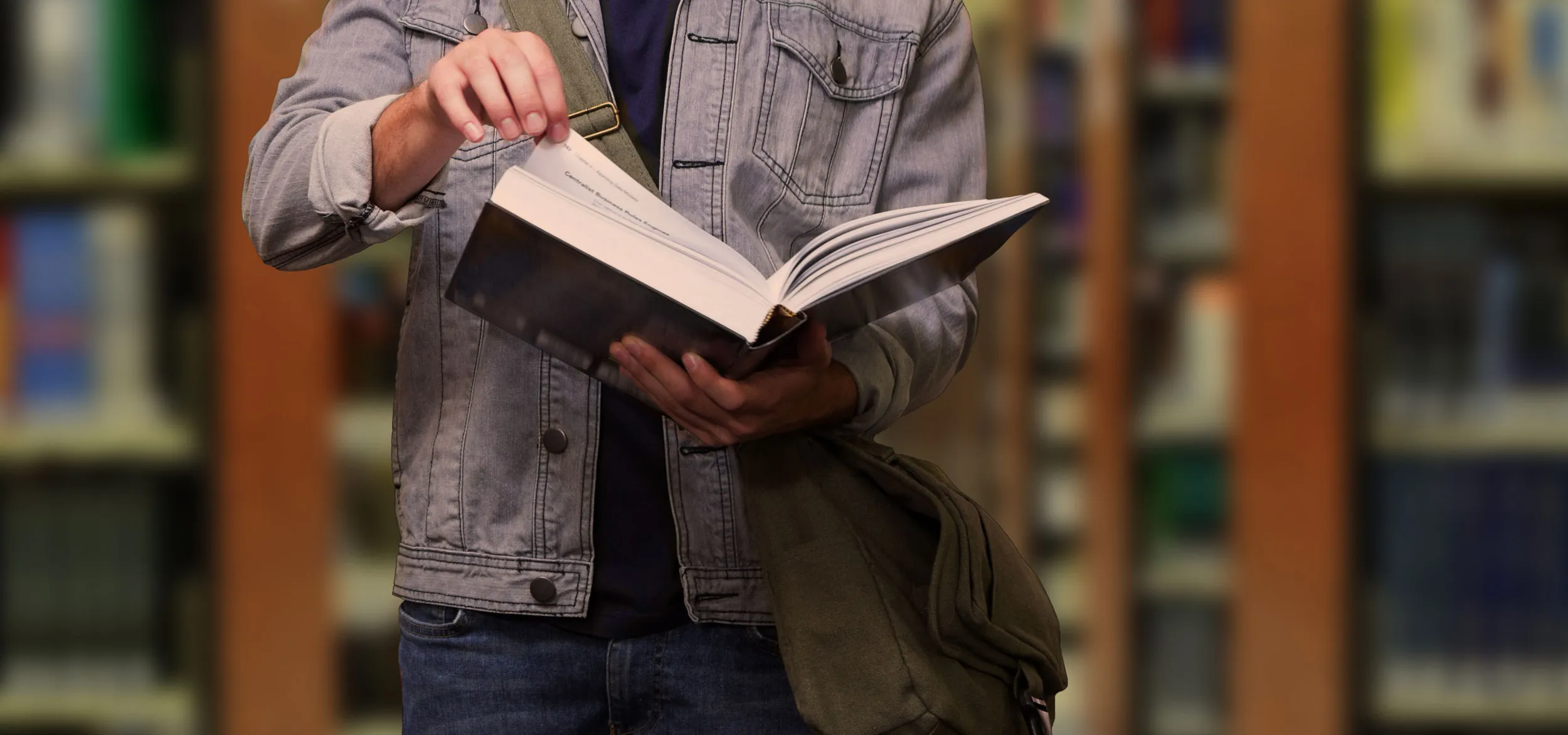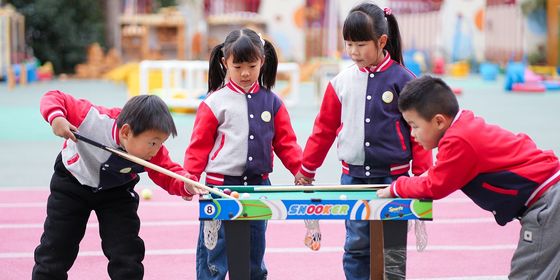From sending luggage by courier to disliking exercise, China’s newest generation of freshmen are changing college
September marks the start of a new era—China’s “post-00s” generation, or linglinghou, are now old enough for university, and already showing the “post-90s” (jiulinghou) their coming obsolescence by popularizing a new trend: kongshou dao (空手到) or 大学生空手到, “arriving empty-handed to college.”
According to Tsinghua University president Qiu Yong, those born after 2000 make up for 75 percent of Tsinghua’s new freshman class. In recent years, China’s rapid social development has lent itself to the formation of vast “generation gaps,” and the defining characteristic of the linglinghou seems to be the practice of sending all their luggage to school using Alibaba’s Cainiao Yizhan (菜鸟驿站) campus parcel-storage service.
Traditionally, September, China’s most traffic-congested month, sees armies of parents driving or riding the train to university with their newly enrolled children. Usually, they schlep along suitcases and “snakeskin” bags containing bulky duvets, pillows, suitcases, and other articles their darlings won’t be able to live without. Always quick to spot a business opportunity, Alibaba began offering Cainiao Yizhan services on college campuses in 2015 to help collect care packages sent from home—as well as the fruits of students’ “Singles’ Day” shopping sprees—for students to pick up at their convenience.
According to Cainiao, Yunnan University, Xiangtan University of Hunan province (located in the hometown of Mao Zedong), and Wuxi’s Jiangnan University topped the list for most luggage deliveries to campus, each receiving over 10,000 packages per day. A Cainiao manager from Jiangnan University told gmw.cn that their booths are the first stop for most freshmen upon arriving at school, and that female students could get up to 30 packages in the first week of the new semester.
The means of transporting luggage aren’t all that’s changed: Unlike the jiulinghou, who were subject to parental whims of bringing extra sweaters and plastic wash basins, linglinghou can send themselves the stuff that they actually want. According to the Cainiao manager, common items include bicycles, refrigerators, and washing machines, followed by computer chairs, cooking appliances, and folding couches.
As one electronics store employee explains to Xinhua, the top-selling equipment for this year’s college-bound freshmen were six gadgets: mobile phone, computer, tablet, digital camera, Bluetooth earphone, and smart watch, which total up to 30,000 RMB. According to Tmall.com sales data, Segways, drones, and portable projectors were the most popular commodities among post-00s consumers in the new school year.
The Segway (or, more accurately, self-balancing scooter) is apparently essential for students to cover the 10 to 20-minute walk between the classroom and dorm room. As Changsha parent Mr. Xie told China Women’s News, “I’ve gone to my child’s university. It’s more convenient to commute between classrooms and the dorm by scooter. And the campus is relatively safe with few cars.” Xie Nan, a Chongqing freshman born in 2000, told the Chongqing Morning Post that he ordered a phone-sized projector so he can watch movies with his new dorm-mates. (No one explained the drones, but presumably, they’ll help freshmen to start lucrative careers in live streaming.)
This year, Tsinghua University will also require all students from Hong Kong and Macau to attend military training for the first time. At Northeast Agricultural University (NEAU) on August 27, four students fainted and many more felt unwell after the 30-minute opening ceremony of the military training, held on an overcast day of 24 degrees Celsius. Also, according to NEAU student counselor Sun Hongye, 14 out of 210 students under his charge got themselves excused from training due to sprains, fever, scoliosis, and knees trouble.
The linglinghou‘s apparent lack of stamina caused comment from their elders. NEAU counselor Wang Bingru, trying to explain the freshmen’s “unprecedented” weak constitutions, asserts that the major reason is that the post-00s had grown up with all kinds of electric amusements and generally dislike exercise, preferring to be zhai (宅, “housebound”). Also, they usually had to give up sports and physical education for gaokao preparation. With the noughty post-90s still the target of much of society’s judgment, it’s nice to know that a new generation will soon be ready to take some of the heat.












